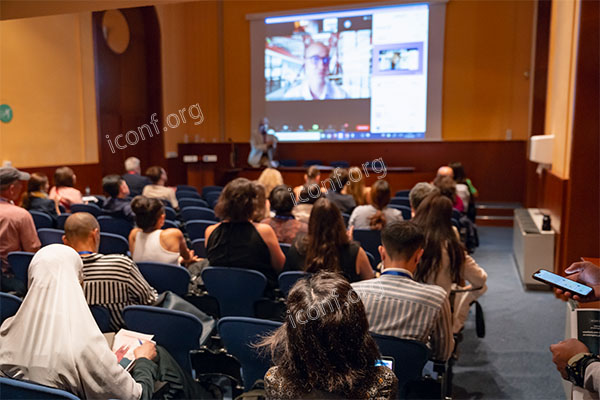Conference lists are invaluable tools for professionals, students, and researchers seeking opportunities to grow. When used strategically, they can streamline your search for the best events and help you achieve your goals.

1. Define Your Objectives
Before exploring a conference list, determine what you want to achieve:
- Networking: Build connections with peers and industry leaders.
- Learning: Gain insights into the latest trends and research.
- Presenting: Share your findings or ideas with a larger audience.
Clear goals will guide you in selecting the right conferences.
2. Categorize and Filter
Efficient conference lists, like those available on iConf.org, offer categories and filters to refine your search:
- By Discipline: Focus on events in fields like engineering, business, or health sciences.
- By Date: Select conferences that fit into your schedule.
- By Format: Opt for in-person, virtual, or hybrid events based on your preferences.
These tools save time and ensure you focus on relevant opportunities.
3. Research Event Details
Once you’ve shortlisted conferences, delve into the specifics:
- Topics and Themes: Ensure they align with your interests.
- Speakers and Sessions: Check for renowned experts or panels.
- Deadlines: Stay aware of submission and registration cutoffs.
Planning with detailed information helps you maximize your experience.
4. Prepare for Participation
If you plan to attend, make the most of your time:
Copyright @ 2018 iconf.org name All rights reserved
